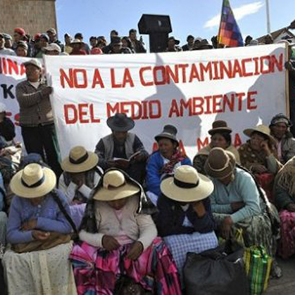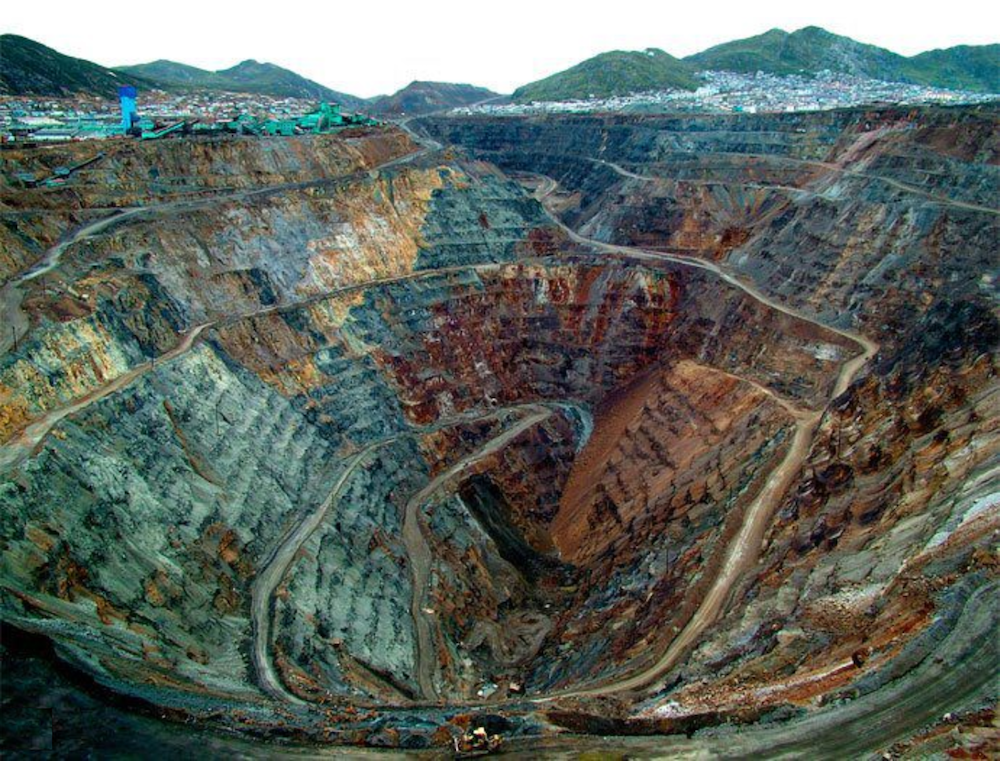
Aymara communities in Puno
Podcast produced by The Democracy Center and Human Rights and Environment Puno (DHUMA) on the case of 18 Aymara community leaders facing prision sentences for participating in the mobilisation of Aymara communities, known as 'Aymarazo', that took place in Puno in 2011.
Aymara communities in Puno have organized and mobilized themselves in order to campaign against mining activities that could cause irreparable damage to the environment, as well as to the indigenous communities’ water sources in the region, such as the Callacami and Desaguadero Rivers. The indigenous communities have also been requesting that their right to prior, free and informed consent be respected in relation to projects carried out on their land, as enshrined in both national laws and international human rights covenants. Aymara communities have been accompanied by Derechos Humanos y Medio Ambiente Puno – DHUMA (Human Rights and Environment Puno), a non-governmental organization that promotes the defense and enforceability of the rights of indigenous peoples and the environment in Puno, Peru.
In 2011, in an event known as “Aymarazo”, communities mobilized to stop the mining project “Santa Ana”, owned by the Canadian company Bear Creek Mining Corporation. After weeks of protests, the demonstrations forced the government to repeal the decree that authorised the mine. However, 18 community leaders were criminally charged with alleged crimes of obstruction of public services, disturbing the peace, and aggravated extortion.


